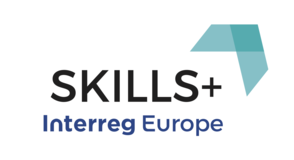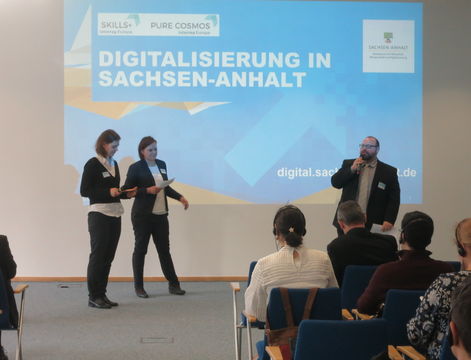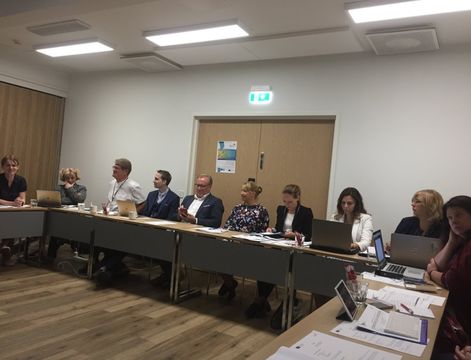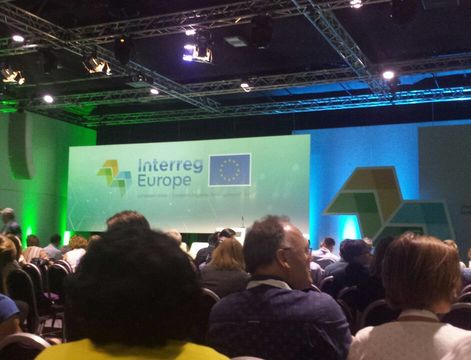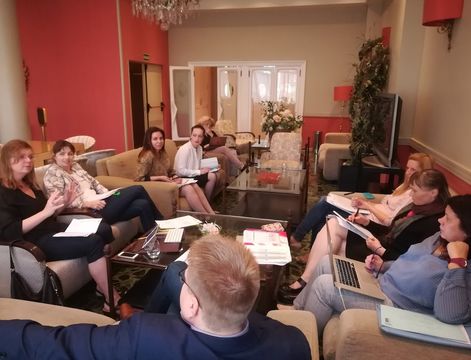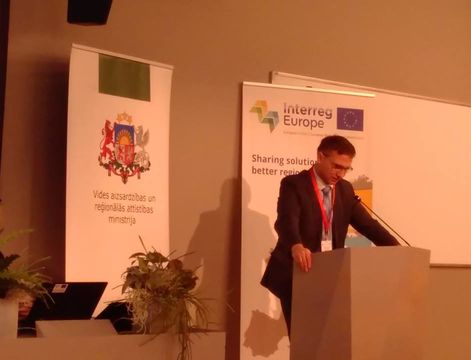Using social media for private purposes doesn’t mean a person is sufficiently skilled to use modern ICT tools in professional life. Tools available to companies are not only more complex but must also be used with caution. Social networks can be unforgiving if a post is not well-thought, much more valuable data needs to be protected by firewalls, and good knowledge of laws applicable to online transaction is a prerequisite. After having addressed new business opportunities through ICT and digital tools now available to small companies in SKILLS+’ 1st Capacity Building Seminar at Zadar (HR), the 2nd such event focussed on good practices in the promotion of human skills required for the digital age.
Yet first, presentations from Hungarian stakeholders, including the Managing Authority of the Operational Programme and the Chamber of Commerce, provided insights in the specific Hungarian situation and the challenges faced. The country is currently underperforming in the EU Digital Agenda Scoreboard despite having a very skilled young generation. But for years, the most talented have left the country to seek better-paid jobs elsewhere. Consequently, the penetration of digital technologies especially in rural areas is fairly low. Different funding programmes managed on national level however aim to address and improve the digital competitiveness of small companies.
Interesting approaches pursuing the same aim were shared in presentations of participants from Poland, Finland and Spain. In Małopolska, the Regional Labour Office runs a programme which allows employees seeking to develop their skill-set to receive a personal consultation and thereafter vouchers to participate in suitable trainings. In another action, an education cloud addresses teachers in public schools to make sure that digital tools are embraced already by school students. The examples from Kainuun Region in Finland and the Douro/Deuro area along the Spanish-Portuguese border showed in turn, that cooperation and exchange between businesses can have a positive impact on their readiness to introduce digital tools in their daily routines. While the Finnish example focusses digital technologies for farming, the Iberian case promoted cultural heritage as driving force for both cooperation and digitalisation.
The third and final capacity building seminar of the SKILLS+ project will take place on 21 March 2017 at Riga, Latvia. There, partners will exchange about approaches to support companies who aim to restructure their business activities to exploit the full potentials of digital technologies. The event will be followed by a training session for those partners and stakeholders who will participate in peer reviews between spring and winter 2017.
